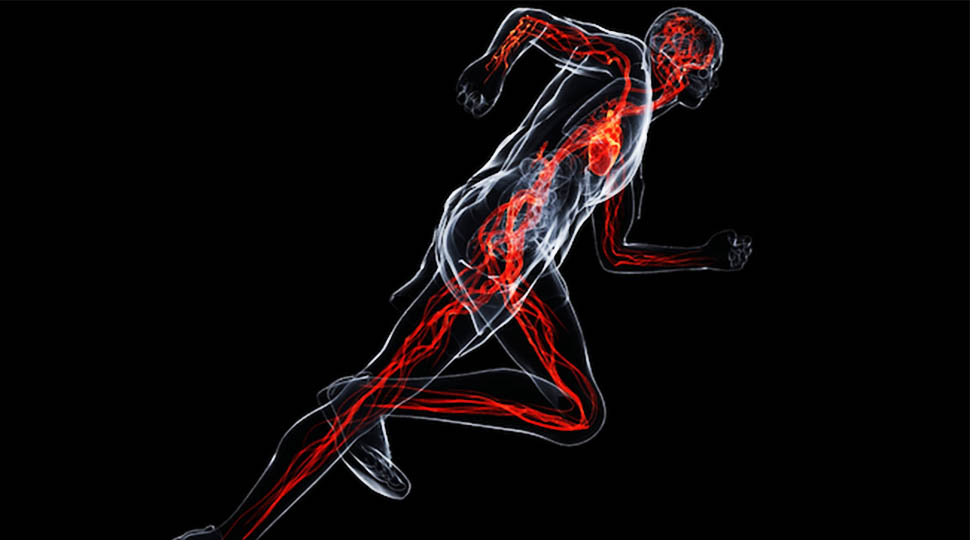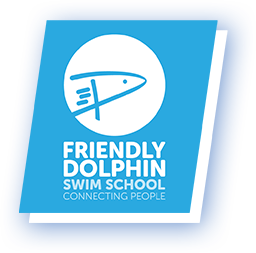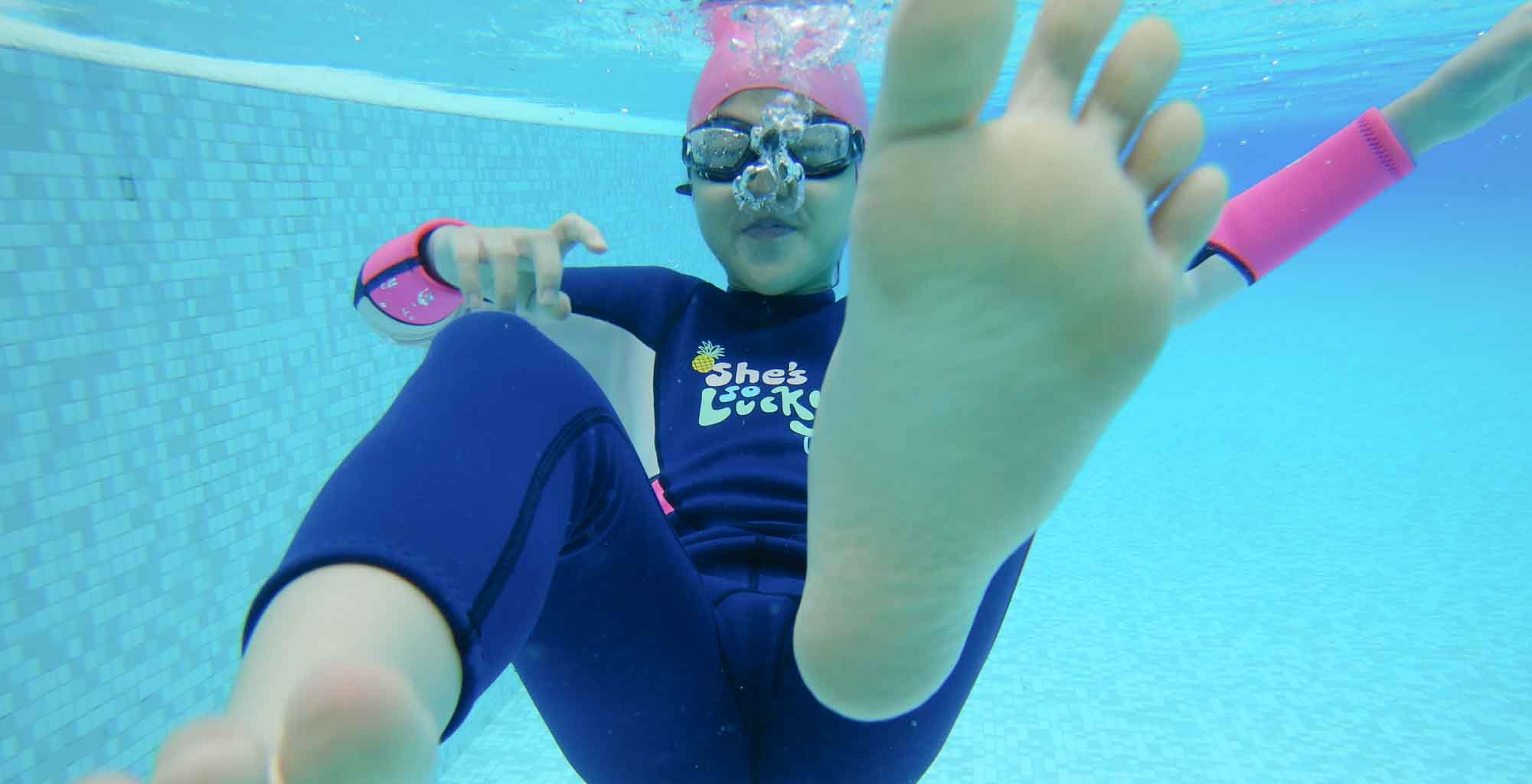What is sports science?

Sports science is a combination of different disciplines and focus mainly on science and how it indirectly or directly affect exercise and performance. It works with many science and the connection to how our body works.
It is an in depth studies of the connection between sports performance, exercise and human movements. A method of many trials and errors to testing different ideas through many researches.
This multi disciplinary approach and examinations of science – sports performance and the influence it can bring about in health and wellness of individuals.
Sports science research concluded by group of sports scientist that work together, combining knowledge and practices of more than one sub disciplines of sports to improve performance and well beings.
Sports science is especially important for sports industry leaders and instructors. It is an ongoing research and knowledge gaining faculty that help elevate the coaching standard and improve on any sporting improvements.
Main studies covered include physiology, biomechanics, anatomy, muscle, nutrition as well as body strength. It provides graduates with useful health knowledge moulding them into experts capable of careers in variety of industries.
Any differences between “exercise science” and “sport science”?
There are always misconceptions between these 2 terms “exercise science” and “sport science”. They might look or sound similar but they are actually 2 different kinds of meaning in a broader sense.
Look at the following table for more details and the differences between the most common misconceptions with sports.
| Terms | Definitions | Examples |
| Physical Activity | Any body movements that expends or uses energy | * Occupational * Sports * Conditioning * Household Chores |
| Exercise | Bodily movements that are structured, repetitive and deliberate. Intended usages to improve cardio and performance of the body. | * Running * Cycling * Boxing * Swimming |
| Physical Fitness | One’s ability to be able to perform physical activity | Degree of balance, agility, speed, strength, power and agility. |
Physical components improvement targeted through exercises.
This are 10 key components for coaches to assess and improve in the process during any exercise program.
| Aerobic Endurance | Agility | Speed | Power | Reaction Time |
| Muscular Strength | Balance | Coordination | Body Composition | Flexibility |
7 Fields of discipline sport science covers:
This are the 7 general major key disciplines of any exercise program. By the end of the swimming lessons or any exercise program, you should be able to gain better insights from the instructors with regards to this 7 specific areas of disciplines.
Though this factors and framework are usually work on more elite levels, a brief knowledge from this field will help you kick off sedentary lifestyle and know the benefits of moving towards lifestyle with exercise incorporated in your daily living.
Here are the 7 areas to look out to improve on during exercise program:
- Motor Learning
- Growth and development
- Biomechanics
- Physiology
- Nutrition
- Psychology
- Physical conditioning
College in Singapore that provides sports science education
- You may also check out on this page to find out more.
- PSB academy
- NTU (Nanyang Technological University)
- Republic polytechnic
- NIE Singapore
- Coleman College
Introduction to exercise and sports science
Applying science principles to exercise and sport so as to help athletes improve their sports performance in all physical, mental and technical aspect. Exercise science and sports science are related but they are different. Exercise science is to understand science and the body responses to physical activity.
Main topics covered in the introduction to exercise and sports science includes:
- Understand the difference in fitness and health relationship
- Understand that exercise can be good stress and bad stress based on training intensity
- Gain knowledge of the six principles of different training
- 10 fitness components that should be incorporated into their specific training and it’s contribution to the sports specific physical preparation.
Sports physiology
The science behind how the human works. Topic mainly covering exercise physiology and sports physiology. Exercise physiology will explain how the bodily process changes when we do exercise or physical activity. Sports physiology on the other hand is all about using science to improve the sports performance.
Main topics covered in sports physiology includes:
- Learn about cardiorespiratory system and how the system is affected during and after exercise.
- Knowledge of the human heart, associated blood vessels and how exercise influenced and improve it.
- Energy system and how our body use energy
- The three systems mainly anaerobic and aerobic systems to produce energy for the body using ATP.
- The main currency energy our body uses for energy.
- What we should do to improve the 3 energy systems in our body.
Anatomy and injury prevention
Gain knowledge and practical sports use of muscles and bones. You will gain more knowledge on the muscle structures in the human body. Knowledge on the structures of bones, how they work and combine together to form joints.
Have a better understanding on how and which minor or major muscle groups creates this specific movements. This knowledge can then be applied to your coaching and teaching methodology.
Main topics covered in anatomy and injuries prevention includes:
- Functional anatomy and how our bodies are divided into 3 imaginary planes such as sagittal plane, frontal plane and tranverse plane.
- Terms used to communicate the location, direction and position of the body structures.
- Skeletal anatomy and names of specific bones.
- Bones classifications such as long bone, short bone, flat bone and irregular bone.
- Principles of injury prevention
- Be able to tell the differences between ligament, tendon, joints. bones and muscles.
Sports Biomechanics
Sports mechanics is a studies applied to sports to improve the techniques of sports and techniques. This knowledge helps us to design sporting equipment and learn to prevent future injuries.
This knowledge is especially important to sports or swimming instructors. It helps them determine good techniques, better understand effects of training, matching individuality – athletes to specific sports, effectiveness of sports equipment/training aids and prevention of injuries.
Main topics covered in sports biomechanics includes:
- Newton’s laws of motion and it’s application into sports
- Mechanical analysis in coaching
- Linear motion
- Gravitational forces
- Projectile motion
- Angular motion also known as angular displacement.
- Application of observational analysis to improve coaching.
Sports Psychology
Sports psychology involves the practical daily applications principles to the study of behavior in sports and exercise context. It initiate to solve 2 main problems of participation and performance in sports.
First to understand the psychological effects such as nervousness affecting both behavioral and motor performances. Second to identify in sporting behaviors and motor performance positive and/or negative effects on any individuals psychological well beings.
Guiding athletes through role modelling and transferring good values and philosophy education to the athletes. Help to initiate and develop self-awareness in athletes and coaches.
Main topics covered in sports psychology includes:
- Difference in educational and performance psychology
- Sports psychology and behavior modification
- Result oriented strategy versus the holistic approach
- What sports psychologists can do to help athlete copes with stress
- Factors affecting intrinsic and extrinsic motivation of the athletes
- Arousal, stress and anxiety factors.
- Coping strategies such as goal setting, imagery and positive self-talk
Nutrition
Nutrition is the supplying of materials in the form of food to support living cells and organisms. Humans consume food to provide energy and enable the body to be able to perform physiological and biochemical functions in the human body.
Our food consists of 6 classes of different nutrients such as carbohydrate, protein, fat, vitamins, minerals and water.
Main topics covered in nutrition includes:
- Importance of nutrients in our body
- Diseases associated lack of nutrients
- Energy usage and measuring the energy expenditure
- 4 methods to measure our energy expenditures
- Energy balance
- Differences between heme iron and non-heme irons
- Tips to getting good nutrition
- Sports nutrition and importance of an athlete’s diet
- Taking care of your hydration to increase performance and fatal issues with hydration monitoring
- Practical use of nutrition in sports
- Coaches and instructors role in helping his/her own nutrition
Strength And Conditioning
What do you do after graduating from basic sports science module?
Sports and health industry is booming in Singapore. As it continue to expand, sports science will continue to advance and versatile enough to be used on several industries.
Diploma in sports management, diploma in sports coaching as well as diploma in sports and event management are common destination for graduates. With the knowledge gained they will often branch out into sports clubs and organization or work with Ministry Of Education Singapore.
Specific sports instructor, sports psychologist as well as physiotherapist which often requires some more additional qualification. They are also popular choices for graduates that pass out from this sports science course.
A lot of graduates move on into education sector like physical education teacher, sports instructor, fitness instructor and fitness nutritionist. And a small handful of them move onto management role, taking on organization and motivational platform managing and providing platform for more sports activities
What does a swimming instructor improve?
Every sport is different and all coaches of various sports are well versed with the 10 key factors related to the performance as shown in the table above.
They should be equipped with enough knowledge to train you. How much and to which extent the improvement have to be done to boost the performance of a specific sports.
A swimming lessons with the swimming instructor will first improve the participation of exercise. Regular activities will remove you from the sedentary lifestyle and progressively leads you to better health.
Swimming instructors will put most of their time and emphasis on training. They will also help in elevating aerobic endurance, flexibility, coordination and muscular strength through water.
All components of sport science will be covered and worked on separately during swimming lessons. Equip yourself with the right knowledge and start boosting your health and fitness today.


